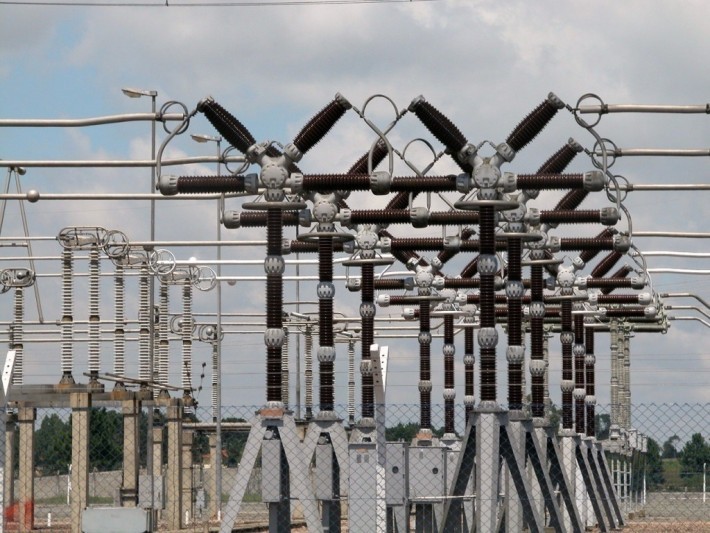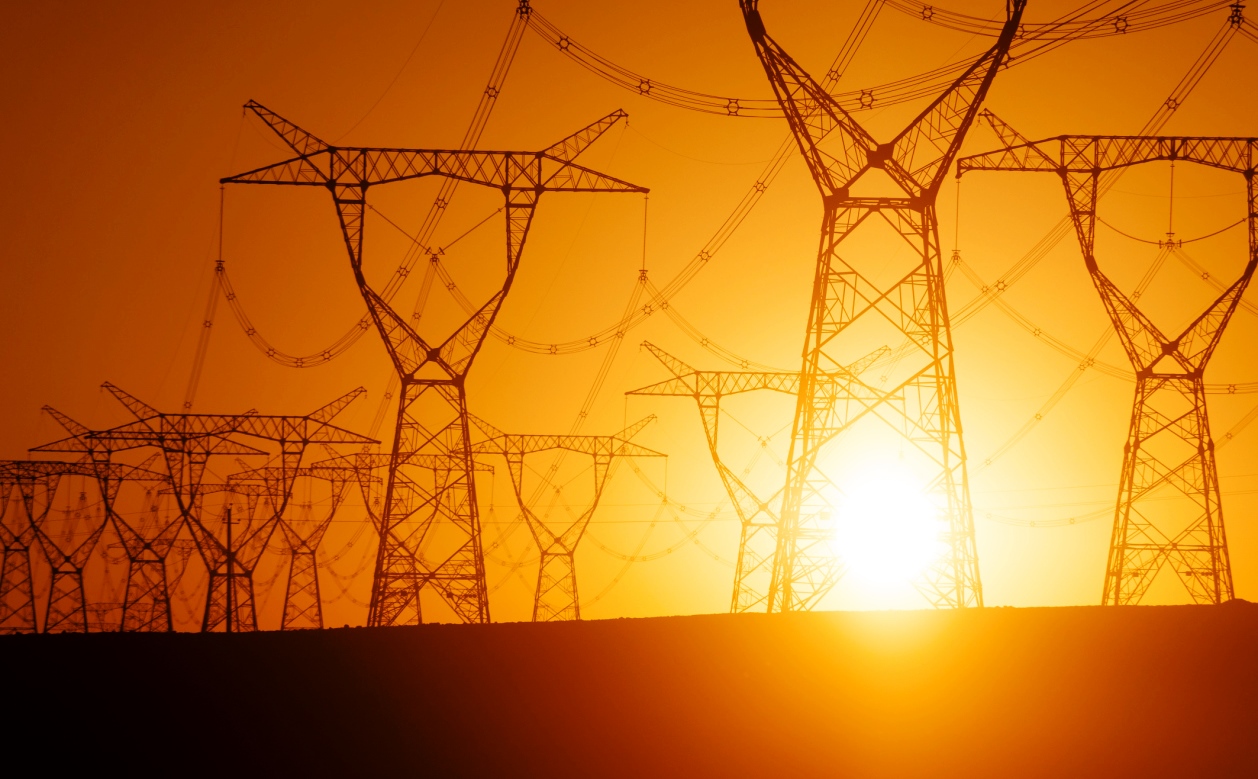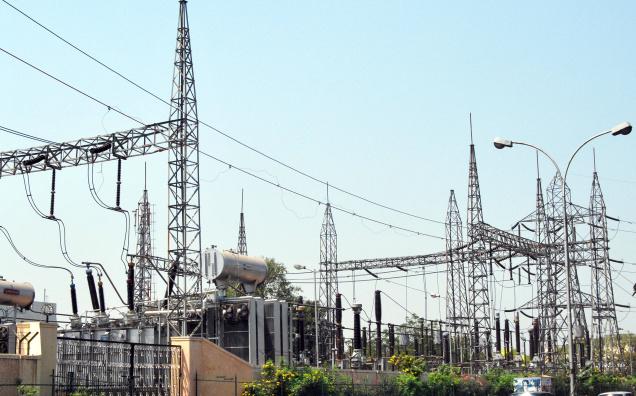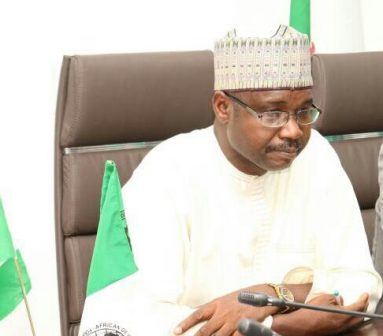…insists old ones should be completed
…MD tells C’ttee new contracts from higher authority
The House of Representatives Committee on Power on Tuesday told the Transmission Company of Nigeria (TCN) to discard all new projects captured in the 2021 Budget estimates until all old ones are completed.
The Committee on Power took this resolution in a motion at the resumed budget defence session with TCN on in Abuja.
The TCN had tendered 14 new projects to be executed in next year’s budget.
Countering the Lawmakers in session the Managing Director, Sule Ahmed Abdulaziz told the Committee that there were numerous ones left unexecuted over the years but the Committee in its wisdom said it was counterproductive to introduce new ones when many previously awarded ones had not been attended to.
The details of the successive budgets, their performance and major capital projects between 2001 and 2020 as presented by Abdulaziz showed that TCN has a total of about 158 major capital projects awarded.
Out of the lot, completed projects are 39. These included 28 substations and 11 transmission lines.
Similarly, 25 projects have been completed and commissioned to service without outstanding payments to contractors.
In the same vein, 14 projects had been completed and commissioned to service but still have indebtedness to contractors.
A total of 119 projects between 0-95% completion are still ongoing.
Other details showed that there were 45 transmission lines projects (Green Field); 70 substation projects (Green Field) and 4 Reinforcement projects (brown field projects).
There was also a total number of 28 projects at various levels of procurement just as 14 new projects were planned in year 2021 proposal.
The MD further told the Committee that a total of N6,017,999,435.00 was appropriated for 2020.
A total of N3,008,999,718.00 signifying (50%) was released while N1, 919,948,763.00 (64%) was utilised.
He said utilization was however slowed down by Covid-19 pandemic and and GIFMIS issues.
Meanwhile, the summary of 2021 budget proposals indicated that a total of N165,896,532,680.00 was proposed.
Cancellation of Projects:
Out of this amount, the Envelope given to the company by the Ministry of Power was N4,090,742,464.00, recording a difference N161,805,790,216.00.
The development unsettled the committee which eventually called for an urgent action to reverse what was perceived as an abnormal situation.
It reasoned that N4bn out of N165bn was a far cry from what would be impactful.
A member of the Committee, Hon. Shehu Garba from Kaduna State who called the attention of the committee to the new projects had earlier stressed the point, saying it was counterproductive to have new projects when the old ones were still suffering.
He said: “I need you to note that power is at the centre of the crises that we face in Nigeria. Even the youth restiveness that we have had can be traced to the collapse of power over the past two decades, leading to the collapse of small businesses. Therefore, your mandate is central to the revival of economic growth and job creation in the country. There is the need to engage the leadership at a very high level for this issue – the issue of funding. I’m at a loss seeing you proposing almost 30 new projects when you have such a monumental outstanding. In fact, I have a specific project in my constituency for the past five to six years without being completed and funds have been committed. You have manufactured panels, they have been delivered on site and my fear is that they may start vandalising these things imported with World Bank loans and multilateral agreements. Now you have new projects – 30 to 40 – when you have a huge number of ongoing projects. Honestly, I think this is an area that you need to look at.”
Stressing the point, the chairman of the committee, Hon. Aliyu Magaji from Jigawa State said “We are trying to be realistic. What the Honourable Member is saying is that we have a huge debt of almost N165bn. We cannot complete these projects. Why are we introducing new projects? You are so lucky that whoever is sending requests to you is not sending it here and we are here to appropriate funds and we don’t have the funds. So, I think it is only correct if we stopped you from doing new projects in 2021, that you concentrate on finishing the ones you have. If members feel strongly about this, you should move a motion and we will adopt it and delete all new projects from the budget.”
Earlier, the lawmaker had emphasized on appropriating more fund to TCN.
“Last year, they wrote a letter to us indicating that they have almost N165bn debt on abandoned projects, hoping that this year will be better but Allah, in his mercy, brought in COVID-19. I don’t know what they will do with N4bn out of the N165bn. It is still within our purview to look at the budget and do the needful for them. I keep asking this question even though you are not the proper person to answer the question: what relationship is between the TCN projects and the Siemens. The President had a very wonderful and good intention but it is my opinion that until these TCN projects are achieved, the Siemens projects might not be what we expected them to be. I will see the involvement of our leadership both in the House and the Senate to ensure that you get proper funding. Without the transmission, there won’t be distribution. So, we have to really play up the transmission aspect of it”, he said.
Requests for New projects came from “higher authorities”
Responding to the enquiry, the TCN MD said “Actually, what the Honourable said is correct but you have to understand that we are civil servants. Some of these requests are coming from higher authorities and we cannot say no.”
Consequently, a motion was needed for it.
It was eventually moved by Hon. Mohammed Ali Wudil from Kano State and seconded.
But swiftly, a counter motion ensued from Hon. Sada Solo from Katsina State.
He reasoned that the TCN be given the opportunity to state in details the components of the new projects for the committee to decide on the way forward.
His motion was put on voice vote against the cancellation of the new projects.
It passed but the Committee Chairman overruled it.
He said: “If you read Page 10…there is ‘emphasis on completion of ongoing projects.’ It is unrealistic, even though I have ruled on the motion and the nays had it, you cannot do N165bn projects with N4bn. It is not possible. And we cannot give you money to embark on new projects while you cannot complete ongoing projects. It does not make sense. So, we will sit with them. It is my opinion that we must concentrate on the ongoing projects. If we are going to give money, we are going to give it to the low-hanging fruits. They will give us the projects they feel they can complete as soon as possible and we allocate the money we are going to get from the leadership to ensure that those projects are completed. And they will be distributed evenly according to geographical location. At least we will have projects that we are sure you will complete. Let us have the costs and we will approach the leadership. We are not going to allow you to continue with certain projects in 2021. I so rule”, he said.
The Committee Chairman later called for executive session between the lawmakers and the TCN officials.






